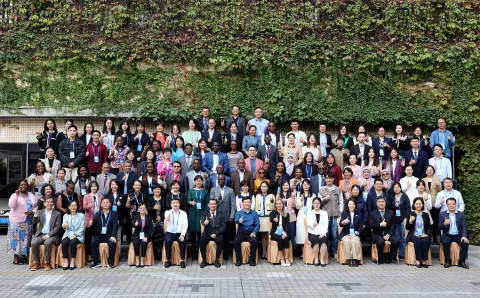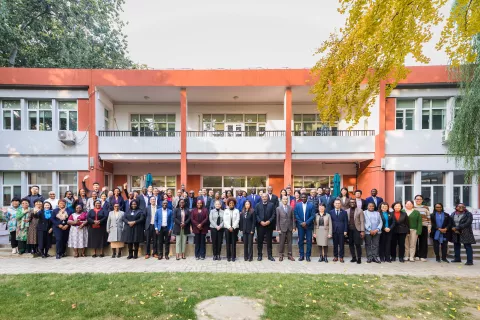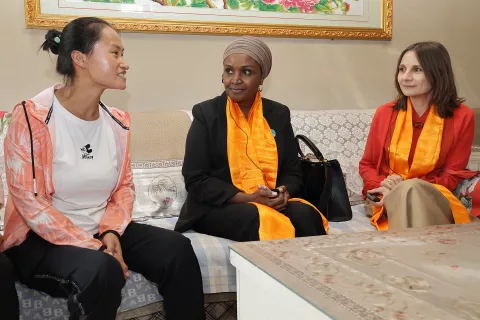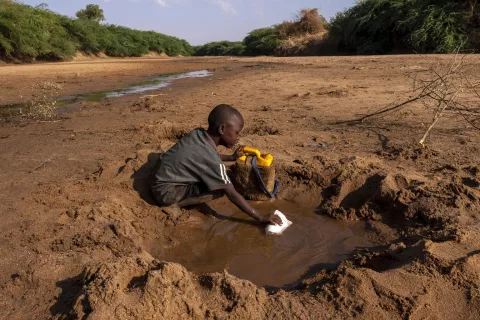Niger receives US$1 million in aid from China
Niger is among the eight African countries benefiting from this funding support, which is part of the China’s South-South Cooperation Assistance Fund (SSCAF).
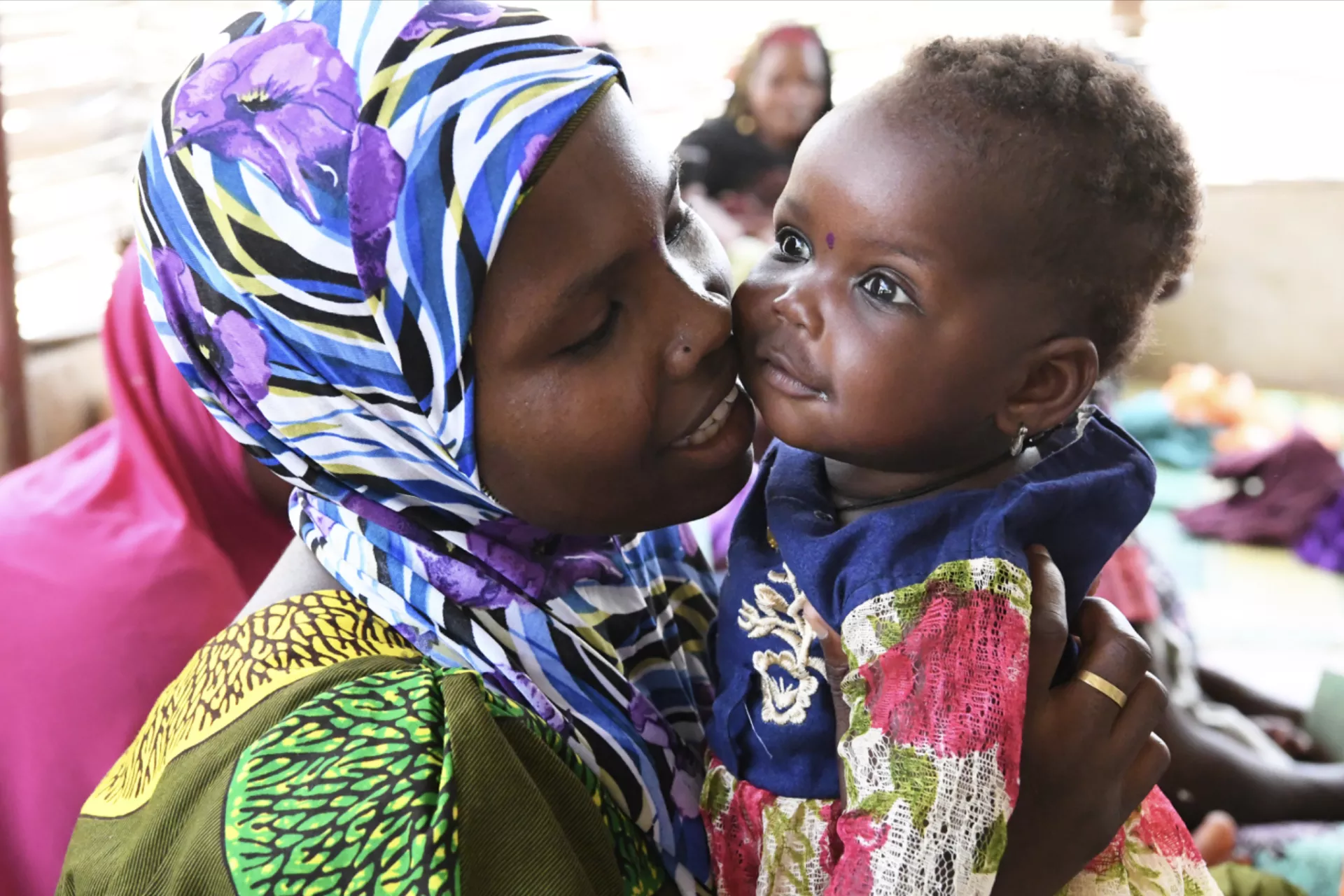
- Available in:
- 中文
- English
NIAMEY (Niger), 1st June 2020 – In Niger, the Government of China donates US$ 1 million to accelerate UNICEF’s efforts to improve maternal and child health in the country. Niger is among the eight African countries benefiting from this funding support, which is part of the China’s South-South Cooperation Assistance Fund (SSCAF).
“China places maternal and child health in the heart of its economic and social development. Through this support, China reaffirms its engagement to actively contribute to the improvement of women and children's health in the country” said H.E. Zhang Lijun, Ambassador of the People’s Republic of China to Niger.
Fully aligned with the strategic plan of the Ministry of Health, this funding support will accelerate the Government’s efforts towards the universal health coverage.
Today, children in Niger have a greater chance of reaching their fifth birthday than ever before. Child deaths have declined by a half over the past decades, a significant victory for children and women. However, progress is slowed because less than half of the population is found without access to essential care and only four women in ten give birth with the help of qualified personnel.
"Because most child deaths occur at home, before reaching health facilities, preventing fatalities by improving child health through community health workers is crucial,” said Dr. Félicité Tchibindat, UNICEF Representative in Niger. “This new funding support will help us extend our work with community health workers to provide children with quality promotive and preventive care, as well as curative services against life-threatening diseases like malaria, pneumonia and diarrhea.”
Through this funding, UNICEF will support the implementation of the Community-Integrated Management of Childhood Illness (ICCM) approach in seven districts of Tahoua and improve the quality of maternal and new-born care in 51 integrated health centers in the same region. More than 260,000 children and 96,000 women and mothers living far from health facilities will be benefited from this project.
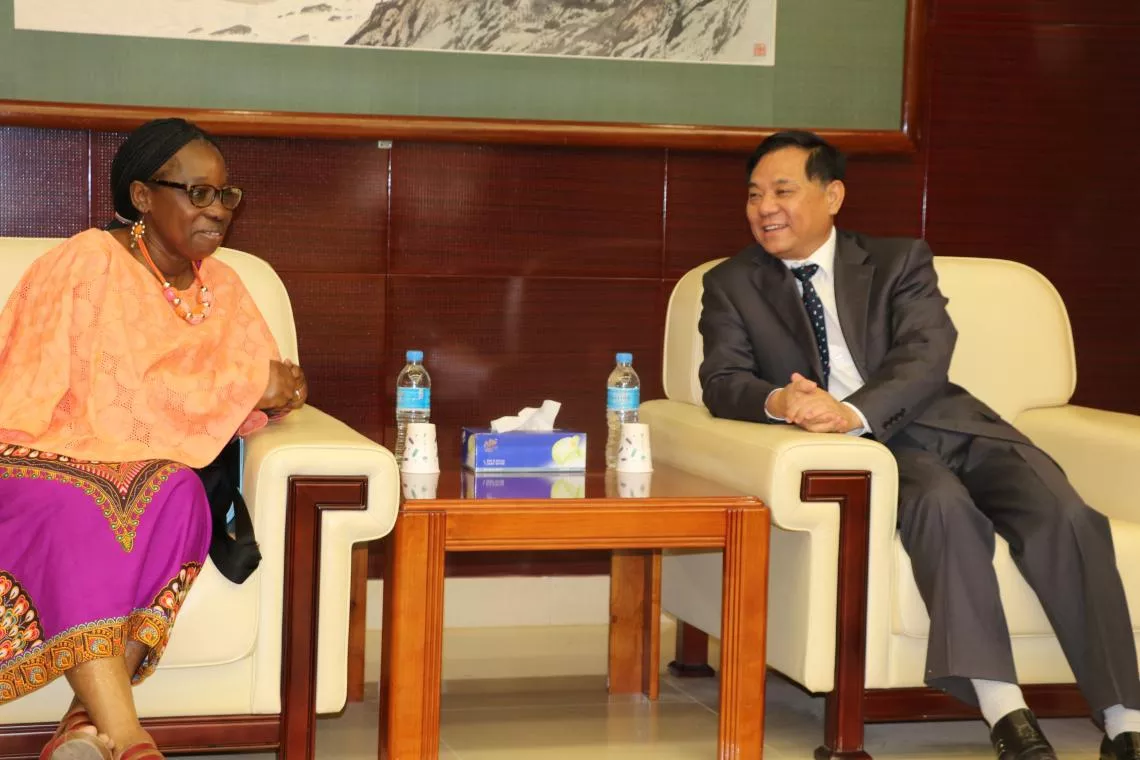
In 2019, through the Community Integrated Management of Childhood Illness approach, community health workers have managed to treat thousands of cases of malaria, diarrhea and pneumonia nationally. Introduced in Niger since 2013, the country has scaled-up the approach with UNICEF support. It covers now a total of 38 districts compared to 28 districts in 2018.


